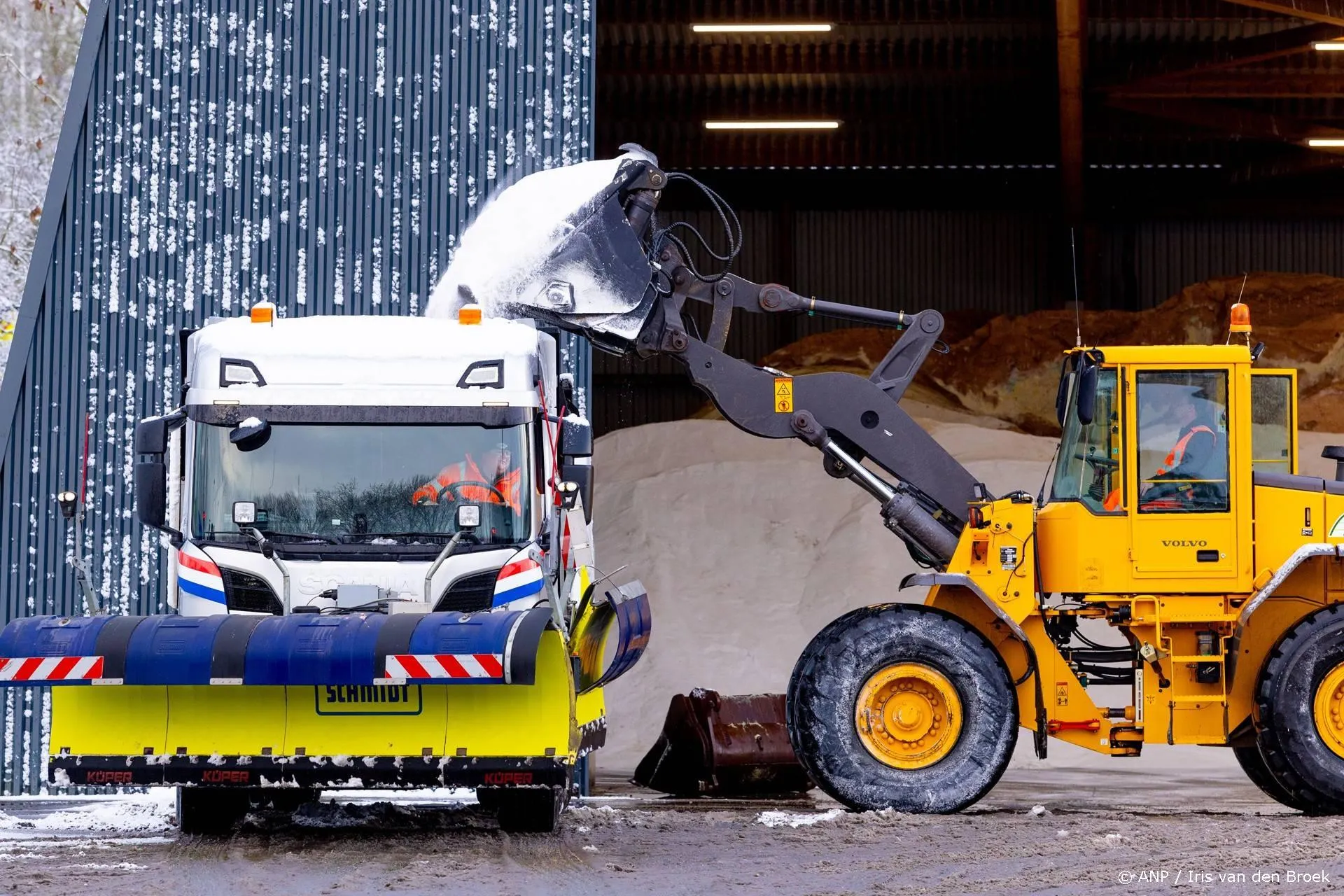Naar een 'schone' economie in 2050?
Onlangs brachten het PBL en het ECN het rapport uit: 'Naar een schone economie in 2050: routes verkend'. Het rapport werd vervaardigd in opdracht van het Ministerie van Infrastructuur en Milieu. De onderzoekers hebben de mogelijkheden verkend om te komen tot 80% minder uitstoot van broeikasgassen. Zij concluderen dat alleen een mix van technieken een schone economie in 2050 mogelijk maakt. Deze mix zou dienen te bestaan uit vier elementen: energiebesparing, biomassa, CO2-afvang en opslag, en schone elektriciteit.
En het prijskaartje? 10 miljard euro per jaar! Ofwel zo'n 600 euro per Nederlander extra per jaar. En wat zal het klimaateffect zijn? Niet meetbaar!
Lees verder hier.
Het rapport heeft zoals gebruikelijk bij dit soort analyses weer een hoog Alice-in-Wonderland-gehalte. Alleen al de titel! Een 'schone' economie is kennelijk een CO2-vrije economie. Maar wat is er mis met CO2? Het is bevorderlijk voor de plantengroei en dus voor de landbouwproductie en biodiversiteit. Groener kunnen we het niet maken! En het opwarmende effect van CO2 in de atmosfeer is nooit bewezen en waarschijnlijk onbeduidend.
Voorts toont de ervaring uit het verleden aan dat er een nauwe samenhang bestaat tussen het BBP en het (fossiele) energieverbruik. Wil men 80% op CO2-uitstoot besparen zal dit een catastrofaal effect hebben op ons welvaartspeil. Láng voordat we dat doel hebben bereikt, zal de revolutie al zijn uitgebroken en/of hebben we in Nederland net als Italië een zakenkabinet van technocraten, dat een einde zal maken aan al die klimaathysterische onzin.
Voorts hebben de maatregelen die tot op heden zijn genomen om de CO2-uitstoot terug te dringen een wereldwijde toename van de CO2-concentratie niet kunnen voorkomen. En er is geen enkele reden om aan te nemen dat dit in de toekomst zal veranderen, mede gegeven het feit dat het huidige Kyoto-verdrag, dat in 2012 afloopt, geen opvolger zal krijgen. De nieuwe klimaatconferentie in Durban is reeds mislukt nog voordat deze is begonnen.
Maar voordat we ons zullen gaan inspannen voor de 80%-reductiedoelstelling in 2050 zullen we eerst de 20/20/20-doelstelling moeten halen (20% minder CO2-uitstoot en 20% hernieuwbare energie in 2020). Zal ons dat lukken? Ik zie dat in het geheel niet gebeuren.
Natural Gas Europe rapporteert:
Europe: Climate Protection Takes the Back Seat.
While the expression game changer is thrown around fairly loosely at shale gas events and in the press, industry leaders are batting around how unconventional gas changes all sorts of dynamics in terms of Europes natural gas demand and supply. ...
Benny Peiser, Director of The Global Warming Policy Foundation conjectured that many of the environmental NGOs might be receiving a lot of money from Russia to campaign against shale gas.
One big change we might see is what is going to happen in Britain, explained Mr. Peiser. There might be a big change to energy policy in Poland. There is the assumption that the gas price will go up - if it doesnt then the subsidies will be seen as flawed.
In all likelihood we will see a big change in energy policy and a downgrading of the 20/20/20 obsession, he continued, speaking of the EU target of reducing carbon emissions by 20%, and establishing that renewables comprise 20% of energy supply, both by 2020. The reality is, climate policies isnt a big agenda item and there are other economic concerns, which are taking higher precedence. This is the attitude and mood swing that Im witnessing in the UK. He contended that other countries were being encouraged to have a look around in their own back yards for unconventional gas. Peiser said, Given that the climate issue has been pushed to the back, I wouldnt be surprised if it were much easier for policy makers in Europe to advance the unconventional gas agenda.
One delegate from the audience stated: I am doubtful that the unconventional gas revolution can be recreated in Europe, because no there is no services market, and because of the pragmatic approach of landowners and politicians of the impact. The not in my backyard syndrome is more pronounced in Europe than in the US, he added.
The only counter argument is that when the gas is there and there is a flare, even the Socialists in France might take advantage of it, said Benny Peiser. I dont expect a replication but I would assume there will be some amount of unconventional gas in Europe and it will be economic. What it boils down to is how much is there and if the investors are happy to get it out of the ground.
For the first time, the Greens were voted down in the European Parliament, so the mood has changed, noted Mr. Peiser. The climate issue is no longer at the top of the agenda. The targets wont be changed; they will no longer really be taken that seriously. The biggest impact, he said, would be on the renewables industry, because the investments wouldnt be made. Investors realized it is not sustainable, not politically, and shale has changed the debate and the market. In all likelihood they will not hit 20/20/20, he concluded. Renewables can only survive on handouts, and by revenues these sectors cannot compete.
Lees verder hier.
Pikant is dat Benny Peiser vroeger actief was binnen de Duitse Groene Partij.
PS,
Voor mijn oudere 'postings', zie:
Ga verder met lezen
Dit vind je misschien ook leuk
Laat mensen jouw mening weten
Lees ook
Loading


